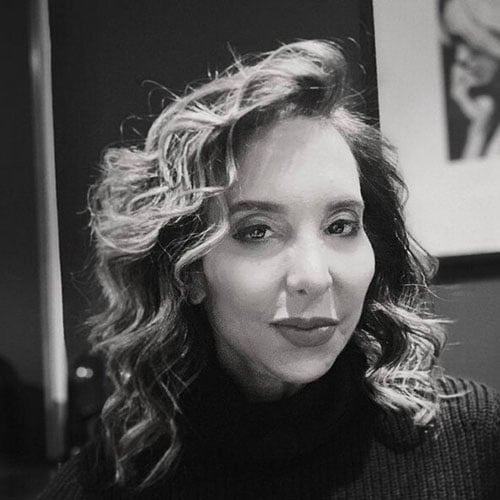 Roger Hertog, chair of the Tikvah Fund speaking at the conference.
Roger Hertog, chair of the Tikvah Fund speaking at the conference. What if many Jews’ reflexive leftism stems from assimilationist insecurity? What if the only way to reground Jewish identity — and thus tackle a significant part of today’s anti-Semitism — is through more aggressive Jewish education, starting in the synagogue? What if a rekindled pride in the role our Jewish heritage played in the creation of the United States can help solve many of our country’s philosophical problems?
These are the types of questions that came to mind at the second annual Jewish Leadership Conference (JLC) on “Jews and Conservatism” held recently in New York City.
Let’s first put the labels aside so we can focus on these important questions. I’ve never called myself a conservative. Twenty-five years ago, conservatives were obsessed with taking away our liberties, not grounding them. I’ve always called myself a liberal, despite the fact that most people today who use the word don’t know what it means. Today, it’s illiberal leftists who are obsessed with taking away our liberties.
The goal of this conference was to finally say: Enough. And to say it without violence, rage or incivility. Rather, to say with ancestral dignity, We the Jews — the children of Abraham, Isaac and Jacob — are no longer going to stay silent while our enemies and assimilationist Jews try to define us. We are here to define ourselves and serve as beacons of light and morality for this country, which, cut off from its biblical roots, has lost its sense of purpose.
“Our story has already changed the world,” said Rabbi Meir Soloveichik. Biblical Israel shaped American character and American exceptionalism, he added, “But we need to fight for freedom — against totalitarianism — in every generation.”
“We have a great story to tell,” said Roger Hertog, chair of the Tikvah Fund. “Our goal is to inspire the next generation with our heroic Jewish story, with the power of ideas.”
“The moral and political teachings of the Hebrew Bible stand at the center of Western and American civilization,” one of the JLC’s core principles states unequivocally. “Modern Jews, both religious and secular, should see themselves as the carriers of this great civilization and accept the responsibility of perpetuating Jewish ideas, Jewish culture, and Jewish life from this generation to the next.”
Most of what panelists discussed was based on classical liberal principles. Today, the line between classical liberalism and conservatism appears negligible.
Melanie Phillips put it bluntly: “Anti-Semitism is part of a larger struggle — two views of the world: What it means to be moral; What it means to be human. Because Judaism represents the foundations of Western culture — the belief in the innate dignity of every human being is rooted in the Hebrew Bible — Jews are always the primary targets when a society begins to turn on itself.”
Caroline Glick was even more direct: “Unlike other forms of racism, anti-Semitism’s goal is the annihilation of the Jewish people.”
What was suggested was that today’s prevailing ideology is antithetical to not just Israel but to traditional Jewish values and, by extension, Western values. One idea that came through in the conference is that Jews don’t follow trends — they set them.
So, Hertog and others want us to step up to take a leadership role in reviving our country’s roots in its Hebraic values. Do we need to call ourselves conservatives to do so? I don’t think so, but in this label-obsessed country, I see why we may have to.
The other day, as I was watching a Harry Potter movie, I finally understood why author J.K. Rowling so staunchly defends Israel. The epic series is rooted in the Jewish Bible: good vs. evil; right vs. wrong. And Harry, like all biblical heroes, is brave and kind and finds strength when he needs it most.
I don’t need to call myself a conservative to teach my son those values. But if it’s going to take a new movement to change the leftist world order, then yes, I’m proudly part of that movement. I may sit on the iconoclastic wing, but I’m in.
Karen Lehrman Bloch is an author and cultural critic living in New York City.























 More news and opinions than at a Shabbat dinner, right in your inbox.
More news and opinions than at a Shabbat dinner, right in your inbox.